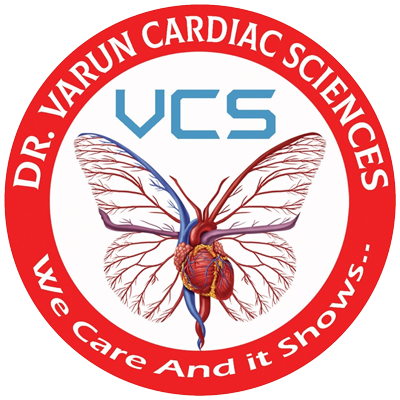Neurosurgery, a specialized field within medicine, focuses on the diagnosis, treatment, and rehabilitation of disorders affecting the nervous system. This intricate branch of medical science is pivotal in addressing conditions that range from spinal disorders to complex brain tumors. Let’s delve deeper into what neurosurgery entails and its significance in modern medicine.
What is the role of a neurosurgeon?
Neurosurgeons are highly trained medical professionals dedicated to treating conditions that impact the brain, spinal cord, and peripheral nerves. Their expertise extends to performing surgical interventions aimed at correcting abnormalities, alleviating pain, and restoring function in patients suffering from neurological disorders.
What conditions are treated by neurosurgery?
Neurosurgery encompasses a broad spectrum of conditions, including
Brain Tumors
Neurosurgeons diagnose and treat various types of brain tumors, whether benign or malignant. Surgical techniques aim to remove tumors while preserving healthy brain tissue and function
Spinal Disorders
This category includes spinal cord injuries, herniated discs, spinal deformities (like scoliosis), and degenerative spine conditions. Neurosurgical procedures often involve stabilizing the spine, decompressing nerves, or removing diseased tissue
Stroke and Aneurysms
In cases of stroke caused by blood clots or ruptured blood vessels (aneurysms), neurosurgical interventions may be necessary to repair damaged blood vessels or remove clots to prevent further neurological damage
Functional Neurosurgery
This specialty deals with disorders affecting movement, such as Parkinson's disease, epilepsy, and chronic pain syndromes. Neurosurgeons may implant devices like deep brain stimulators or perform procedures to alleviate symptoms and improve quality of life
What is the neurosurgical procedure?
The decision to undergo neurosurgery is often a collaborative effort involving the patient, neurosurgeon, and other medical specialists. Before surgery, thorough evaluations, including imaging studies like MRI or CT scans, help in planning the procedure. During surgery, neurosurgeons utilize advanced techniques such as microsurgery, image-guided surgery, and minimally invasive approaches to achieve precise outcomes with minimal disruption.
What are the key considerations for post-surgical care and rehabilitation?
Recovery from neurosurgery varies depending on the complexity of the procedure and the patient's overall health. Neurosurgeons work closely with rehabilitation specialists to optimize recovery and regain function. This may involve physical therapy, occupational therapy, and ongoing monitoring to ensure the best possible outcome.
Advancements in Neurosurgery
Technological advancements continue to revolutionize neurosurgical techniques. From robotic-assisted surgeries to advancements in imaging and navigation systems, these innovations enhance surgical precision, reduce recovery times, and improve patient outcomes. Neurosurgery remains at the forefront of medical innovation, pushing the boundaries of what is possible in treating complex neurological conditions.
In conclusion, neurosurgery plays a critical role in treating a wide range of neurological conditions affecting millions worldwide. By harnessing advanced surgical techniques and technology, neurosurgeons provide hope and healing to patients facing complex neurological challenges. Whether it's removing a brain tumor, repairing a spinal cord injury, or alleviating chronic pain, neurosurgery exemplifies the intersection of medical expertise and compassionate care.
For those seeking treatment or understanding of neurosurgery, consulting with a qualified neurosurgeon is crucial. Their expertise and dedication ensure that patients receive the best possible care tailored to their unique needs.

